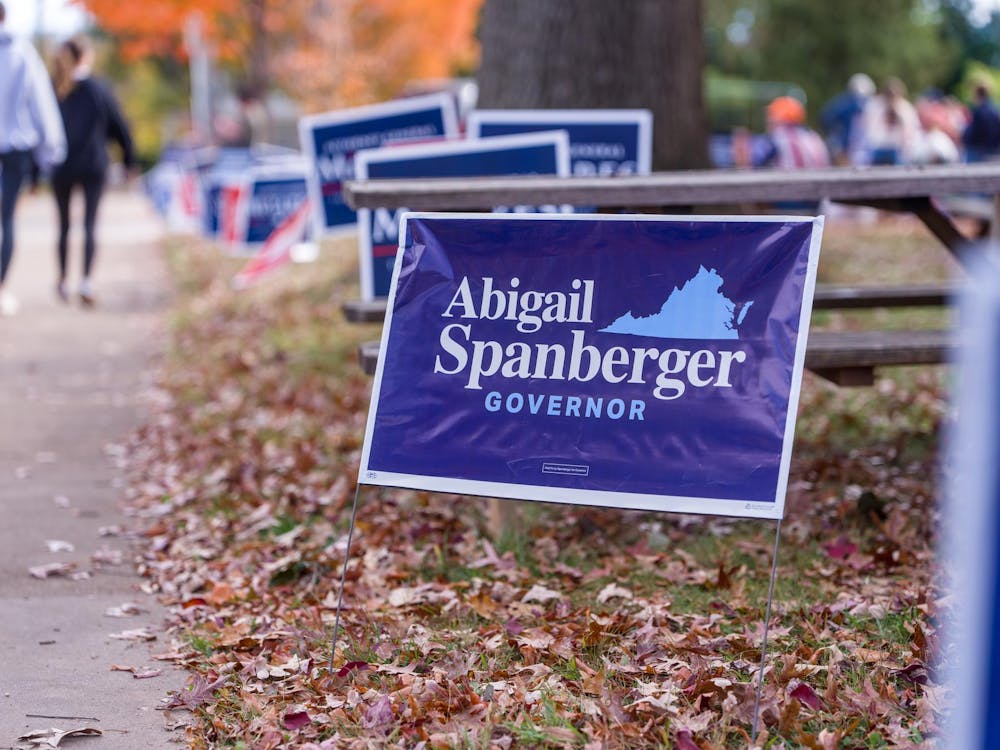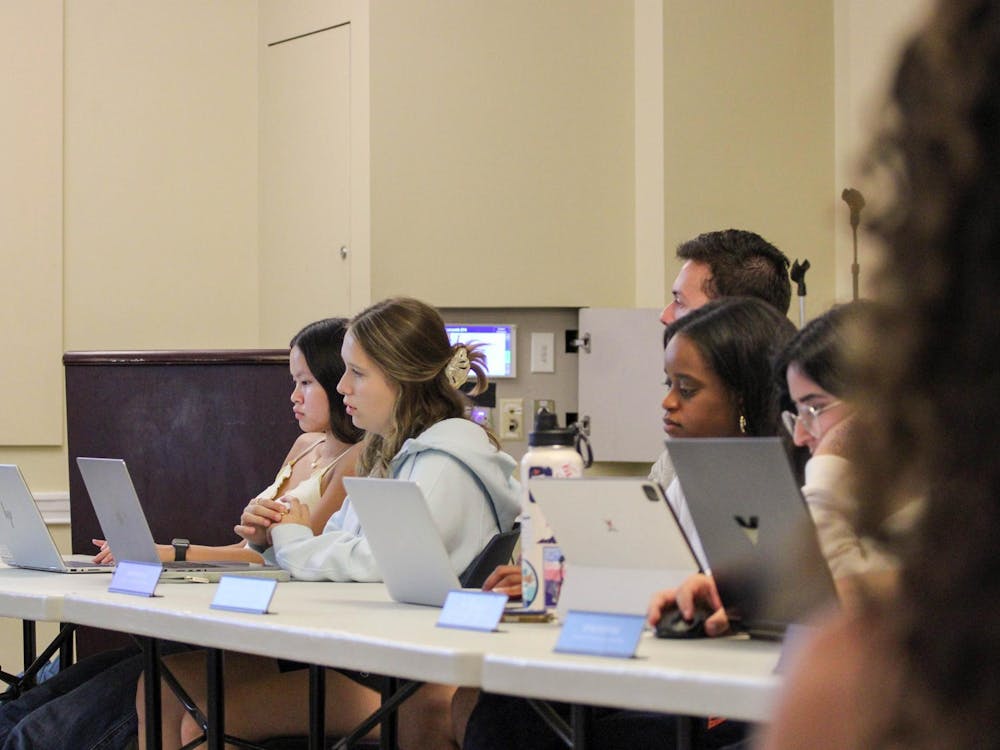Tensions between Israel and Palestine escalated this summer, with intermittent periods of rocketfire and unsteady ceasefire on the border between the two sides. University students have taken a great interest in the conflict, and a number of student groups are promoting further discussion and advocacy on the issue.
Billy Baker, a fourth-year College student and chair of the liberal Israeli advocacy group J Street, said the conflict this summer began with the kidnapping and murder of three Israeli teenagers, prompting Israeli Prime Minister Benjamin Netanyahu to send troops into Gaza, strengthening a blockade that has been in place since 2007. Palestinian organizations retaliated — most notably Hamas, the Islamic organization that governs the Gaza Strip.
Following the kidnapping of these Israelis, several ultra-orthodox Israelis kidnapped and killed one Palestinian citizen. During the summer of 2014, more than 2,000 Palestinians and about 70 Israelis have been killed, according to numerous news reports.
Hoos for Israel, a non-religious and non-partisan organization, allows students to voice their opinions and learn more about Israeli culture and society through discussion forums. The organization invites individuals from all sides of the conflict to join the discussion.
“We’re a very open group,” third-year College student and Hoos for Israel President Kayla Pomeranz said. “We do not advocate one specific solution because it’s important to talk to the other side and negotiate. As a group, we think future solutions need to be realistic in providing peace for all the involved parties.”
Hoos for Israel is planning a forum event to be held in October.
“The Israeli-Palestinian conflict is very relevant right now, so [the forum] would focus on that, [as well as] what’s led up to the conflict,” Pomeranz said. “You cannot just express what’s going on over there now without looking at the past.”
Another organization, Students for Peace and Justice in Palestine aims to educate students on the issues at hand from the Palestinian perspective. They are particularly focused on the Apartheid Wall, a wall imposed upon Gaza and the West Bank by Israel which the Israeli government refers to as the Security Fence.
“The wall cuts families off, separated family farms, disrupted and crippled the Palestinian economy,” said third-year College student Yahiya Saad, president of SPJP. “The people in the West Bank and Gaza are not free to move.”
SPJP created a relevant display for Israeli Apartheid Week, which took place February 24 through March 2 this year. The group built a mock wall outside of Newcomb Hall to represent the Israeli blockade on Gaza and the West Bank. The wall was covered with displays of statistics and descriptions of injustices being committed against Palestinians.
“We compared the wall to the Berlin Wall,” Saad said. “The Apartheid Wall in Palestine is much bigger than the Berlin Wall, and we were able to bring down the Berlin Wall, so why not bring down the wall in Palestine?”
SPJP is planning an educational forum this semester and intends to bring in Palestinian-American individuals to provide a first-person perspective about the conflict.
“We want to educate people more about what’s happening in Gaza, the parties involved, and violations that have occurred,” Saad said.
Another group advocating for awareness of the conflict and violence between Israel and Palestine is J Street U.Va. On a national level, J Street also offers a political outlet for pro-Israel students in the United States working for a peaceful resolution between Israel and Palestine. Group members promote an independent Palestinian state.
“What Israel is doing to try to militarily dismember [Hamas] is not a sustainable solution,” Baker said. “In the end, the only solution to the cycle of violence is going to be a solution that offers statehood to Palestinians and security concessions to Israelis.”
J Street is in the process of planning an organized discussion of the conflict within the next few months. The discussion will be a place for students to raise questions they may have about the situation and discuss potential solutions.
Baker emphasized the importance of staying informed, particularly for American students who have not seen the conflict first-hand.
“This is an issue that affects our everyday lives,” Baker said. “Our government is a very strong supporter of Israel. When so much political capital is going to defend Israel, we as American citizens have a duty to make sure that this two-state solution is actually going to take place and be a part of a productive partnership between the Israelis and Palestinians.”
“There hasn’t been the time that it takes to let thousand year conflicts die, so Israel’s [modern] history has been a series of conflicts,” third-year College student Jenny Keltz said. Keltz spent the summer in Israel through a program with Hillel.
Each side of the conflict is seeking similar ends — the right to self-determination and security.
“The conflict is a million different things,” Baker said. “Ultimately, the real conflict is the question of who deserves a state, when, where, and how.”







